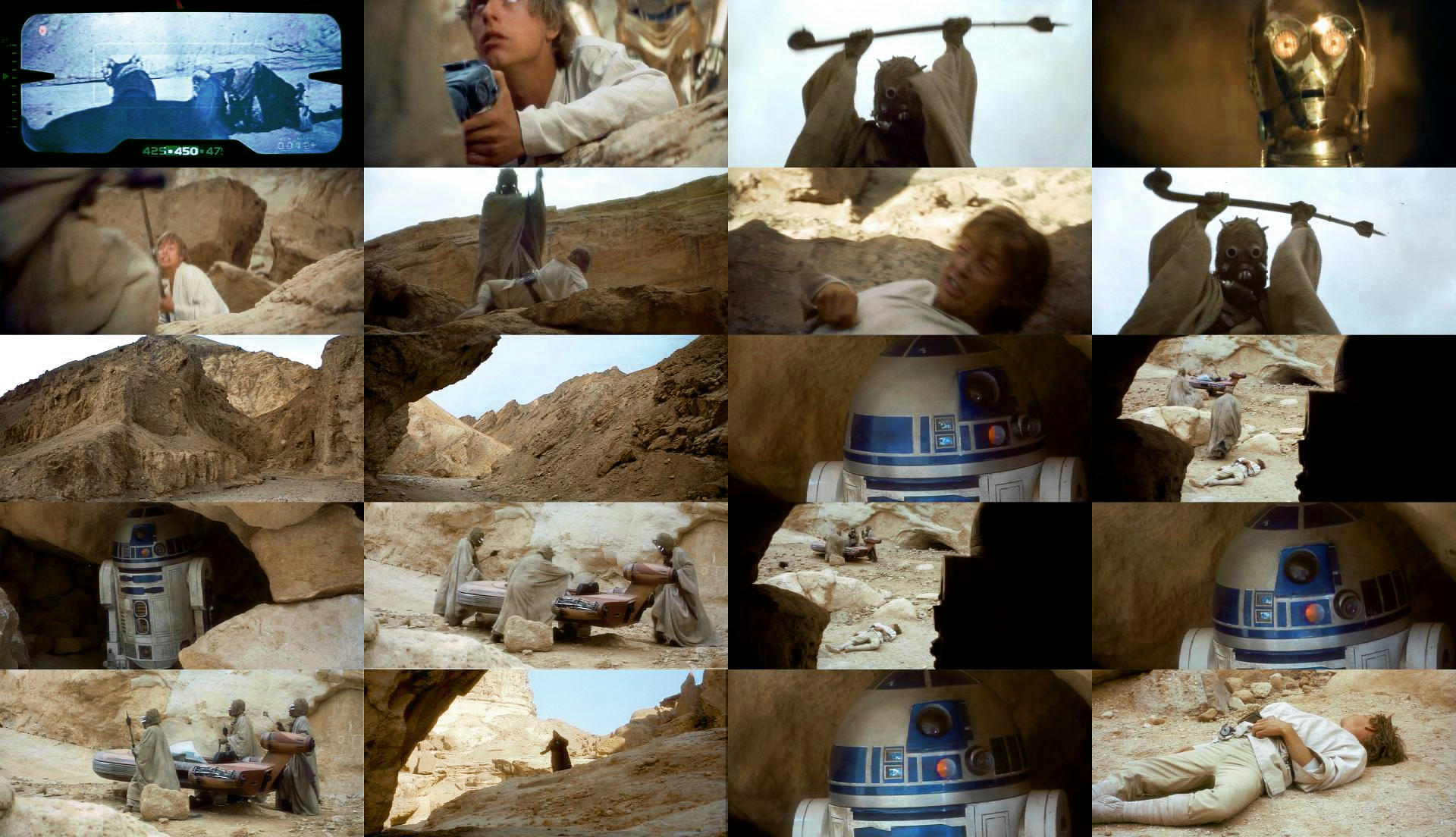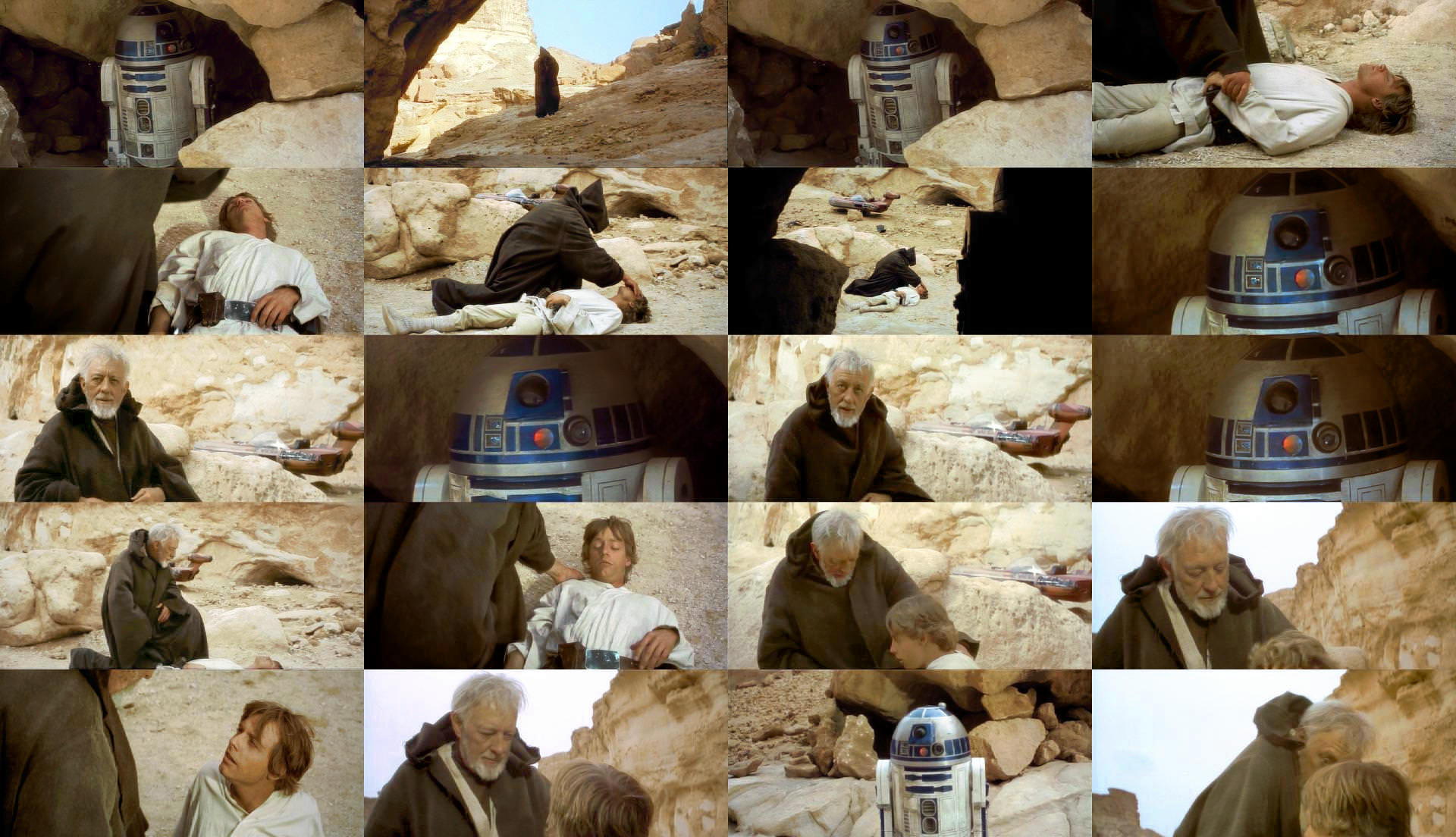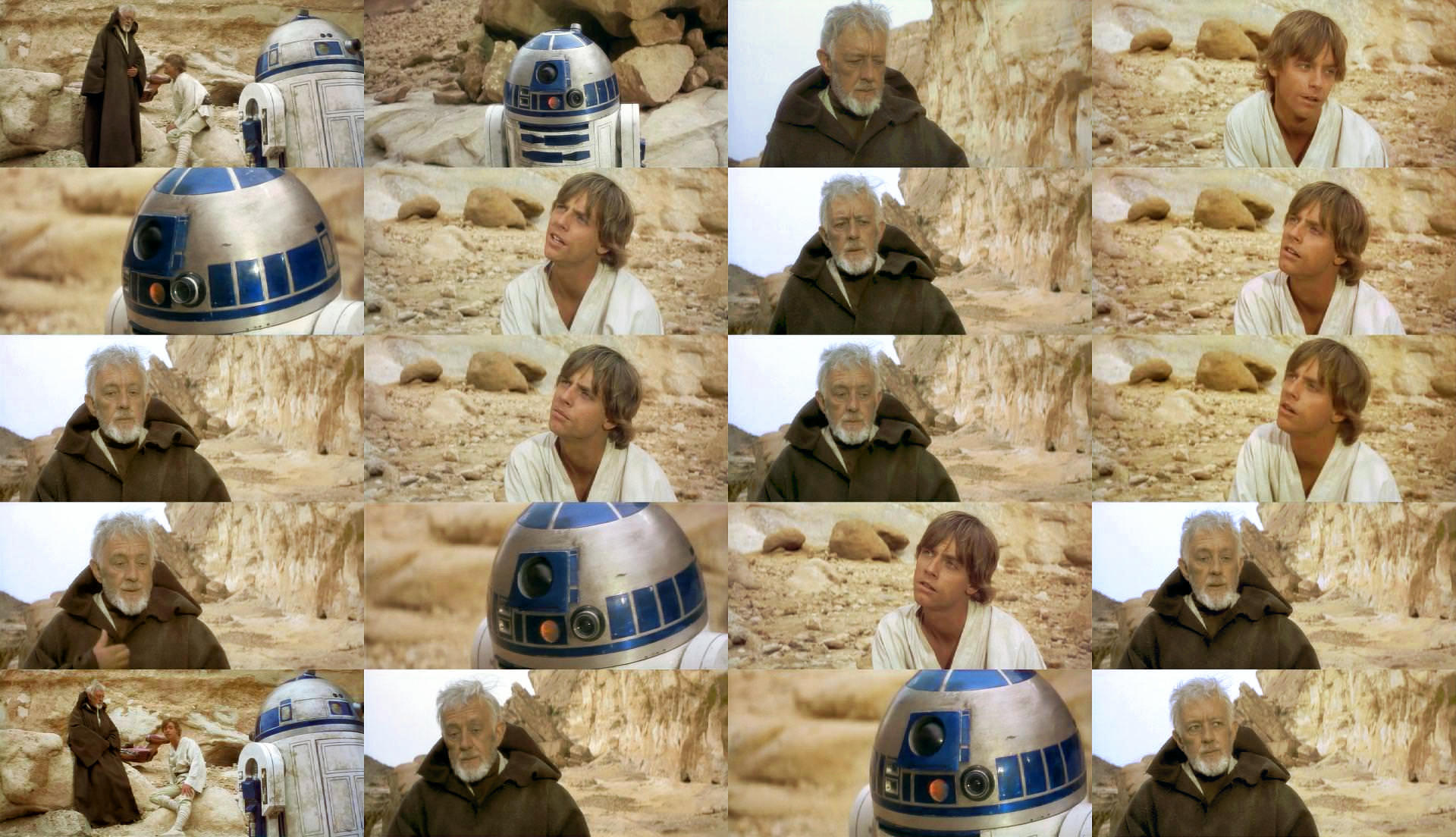I think the question we need to answer is what is science fiction. That is the part there seems to be a lot of confusion over. Everyone here seems to agree what Star Wars is about, but not where it fits.
Let’s go back to the beginning… well, sort of. Science Fiction goes back a long way, but for practical purposes, it really became something different with Jules Verne. He is the father of modern science fiction. What are his stories about? Adventure. That is the type of story he was telling. He took current technology and extrapolated where it might go and found new stories to tell. Not everything he wrote about was even plausible at the time. He dreamed of how technology could make our future better and wrote about it.
Now, the next big name in science fiction was H.G. Wells. He also was very science minded, but he didn’t write adventures. His stories are warnings of what not to do. Instead of imagining how technology could help, he tended to write about how it could harm. He was not against technology, but against abusing it. His stories are darker.
The next big name I know of is Edar Rice Burroughs. He created John Carter and Tarzan, among others. With John Carter and the Barsoom series he created what became known as planetary romance.
There are lots of writers in between. Some well known in their day, some still known. C.L Moore’s Northwest Smith stories (or similar ones) where a clear inspiration for many Star Trek writers as well as those writing about traders, smugglers, and pirates. She was one of many writers who also dabbled in Fantasy.
Then in the middle of the 20th century you have the big three, Asimov, Clarke, and Heinlein. Some of their stories about with science. But Asimov was inspired to craft the Foundation stories (originally short stories and novellas and later compiled into 3 novel length books) which are pure Space Opera. There are so many famous names, but some of the ones I know are Andre Norton, Anne McCaffrey, James Blish, Philip K. Dick, Frederik Pohl, Frank Herbert and Poul Anderson. Today one of my favorites is Jack McDevitt. And when you examine the stories and what they are about, it is not just science. Science often takes a back seat. Sometimes science underlies the story and drives it, sometimes it is along for the ride. What is consistent across the genre of science fiction is technology. One branch of science fiction even goes back in time to the 19th century and explores what kind of inventions could have been created with that level of technology (its called Steampunk as a play on Cyberpunk).
So how does this relate to Star Wars? Well, when you examine the scope of what science fiction covers, is very broad. This idea that the story has to focus on science is false. That concept is confined to hard science fiction - one of the smaller branches of the genre. Most tend to stick to the roots of the genre and tell stories of adventure and excitement. The Honor Harrington universe by David Weber is a fairly blatant reworking of Horratio Hornblower. Jack McDevitt’s Alex Benedict series is about a future antiquities dealer and his assistant who keep getting caught up in mysteries. His Academy Series is about space exploration. Isaac Asimov’s Robot/Empire/Foundation series (he eventually merged them all together) is about a civilization that grows from earth and 50 colonies to a galaxy spanning Empire that collapses and one man’s plan to shorten the interim to a new civilization. It is full of technology, but light on science. Heinlein brilliantly described micro gravity in the 1940’s. His ideas ranged from requiring military service for citizenship to inventors. Clarke gave us the story behind 2001 and then took it further in 3 sequels.
What is accurate for most, is that the writer kept the story grounded in science, but the stories are not about science. It is about science and its effect on people and society and how no matter what level of technology, you can tell a good story about people. Science fiction writers have been inspired by anything from the dangers of the atomic bomb to a world low on resources would miniaturize everything. A great many writers focus on the setting and keep the science behind the scenes. Some just adopt a futuristic setting and tell a good story.
So science fiction isn’t about the future. It isn’t just about science or technology. It is about how those things affect the people and impact the story. Dune is a political drama set in a world where thinking machines are outlawed and powdered dead worms fuel the economy and space travel. Foundation is a mirror of the fall or the Roman Empire, but with a plan to save the knowledge and rebuild.
Most great science fiction series can be described without using any science or technology at all.
So science fiction is not just hard science fiction, but also space opera, dystopian, alien invasion, cyberpunk, steampunk, social science fiction, space western, alien contact, military, time travel, colonization, alternate history, and post-apocalyptic. None of this is considered fantasy. None of it. Very little of it focuses very much on science.
When you apply that knowledge to Star Wars, it is just another space opera. It is just like John Carter/Barsoom, Buck Rogers, Flash Gordon, Foundation, Dune, Star Trek, and so many others. What Lucas did was tie the story to our oldest mythic tales in how the story was constructed. He is not the first to do that. Greek myths have been the fodder of science fiction stories for over a century. While there was a genre called space fantasy for a brief time and there is a genre called science fantasy, Star Wars has its roots and firmly fits in space opera, probably the most prolific sub-genre of science fiction. Absolutely nothing Lucas did in his story telling for the saga deviates in the slightest from the space opera format. He put things together in a completely unique way, but he followed all the standard tropes of space opera and nothing he did was truly new or original. The force is a religion, the Jedi are a warrior order, light sabers are just a piece of technology (that appears in many stories going back to the 30’s). They are tropes common to space opera and other sub-genres of science fiction going back more than 80 years. And no one has cared to establish space fantasy as an official sub-genre. It is just an alternate name for something that already existed.
It is like saying Data in TNG is not a robot. All androids are robots.
Star Wars is in the the science fiction sub-genre of space opera.




